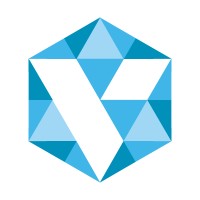
Accreditation Canada
Accreditation Canada (AC) empowers and enables organizations to meet national and global standards with innovative programs that are customized to local needs. AC Assessment programs and services support the delivery of safe, high-quality care in health systems, hospitals, laboratories and diagnostic centres, long-term care, rehabilitation centres, primary care, home and community settings. Our specialized accreditation and certification programs support safe, high-quality care for specific populations, health conditions, and health professions. By meeting our assessment program requirements, organizations can earn the trusted designations of Accreditation, Certification or other types of awards that recognize their achievements.






